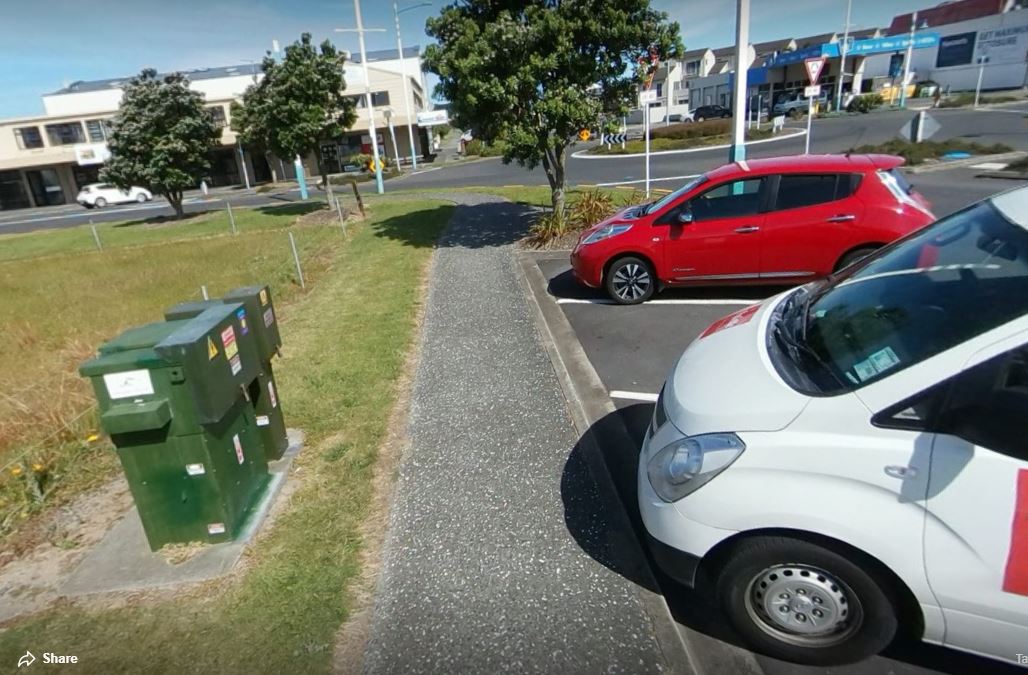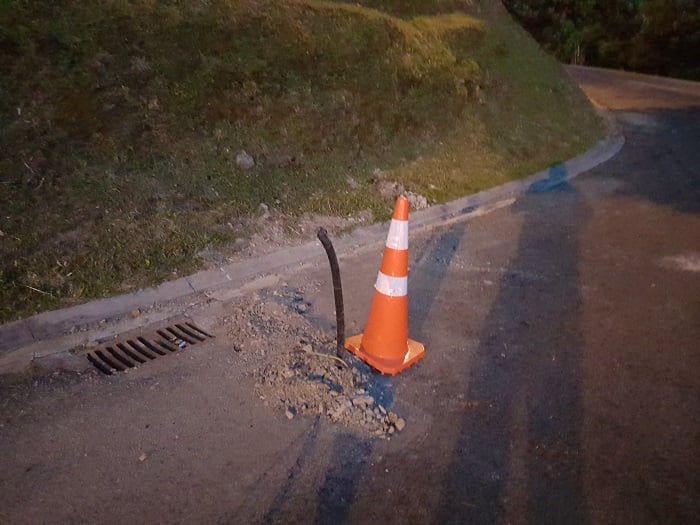langi27:
No one has commented on the pricing (the rate of 25c/kWh + 25c/minute) seems high to me. (i'd like to see off peak rate or better still a spot price rate).
I get there is a cost to install the infrastructure, at $10-$15 to get you to 90% and to only get 100-150km range doesn't seem like good value to me. (maybe i'm asking too much of current EV cars and the immature charging infrastructure).
In general terms a 500km trip (Christchurch-Queenstown) would require at least 3 to 5 stops and somewhere between $30-$75. At the top of that price range a small petrol car would be about the same cost.
In my ideal world, if I have to stop for 20mins to charge my car then that would be subsided by the activity I would indulge while waiting. eg X number of coffees. = % discount.
I'm sure we will see better innovation on pricing over time.
The Veefil DC chargers from Tritium (ChargeNet's gear) cost about NZ$45k each. Installing the power infrastructure to support one can cost that much again....and more. The cost of power is relatively cheap for commecial use under 63kw. It's a tiny fraction of what residential users pay. But you have to pay it every month whether the charger is being used or not.....and you're already about $100k down before you charge the first car.
So charging. The most expensive car to charge is a LEAF Gen1. They charge slower (often a max of 22kw, not 47kw)....which racks up the per-minute charges. The cheapest LEAF is a 30kWh model as they charge abuot 25% faster than a Gen 2 (and more than 100% faster than a Gen 1) on a 50kw DC fast charger. This is partly because they basically do full speed to 85%, then slow down the charge rate more slowly than a Gen2 24kWh LEAF.
If you have a gen 2 LEAF and only charge to 80%..and if the chargers are available, just charge more frequently. That's the cheapest way to go. If I'm stopping for lunch for an hour in Tauranga, they also have 32amp AC chargers there (free of charge). I'll gain 25% from one of those...then move the car over and top it up on the ChargeNet charger. That saves some money, too, and also reduces the amount of battery heating from fast charging. But I only do it if I know I have something else to do.
So think about it on the revenue side. Assuming 2kWh / 3 minutes (top speed for any EV). Then an hour for a Tesla with big battery will only yield $23 / hour. (60 mins * 25c + 40kWh). Maximum revenue per day even if utilisation is 100% (almost impossible even if trying hard) would be $552.
But let's assume the average delivery rate (those gen 1's) is 35kw and utilisation is a very strong 8 hours / day. That is a BUSY charger.
That would be $70 for the power plus $120 for the time for a $190 / day. Most chargers wouldn't do even half that.
No one is overcharging here. We should all get down on our knees and give thanks that ChargeNet have sunk so many millions into chargers that won't see a positive return for several years. It's a gift.
Because we usually charge at home, the overall cost is still a fraction of a petrol car. But even on the highway, if your car can charge fast enough, you're still ahead.





